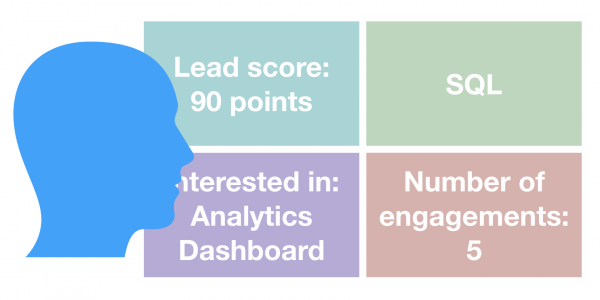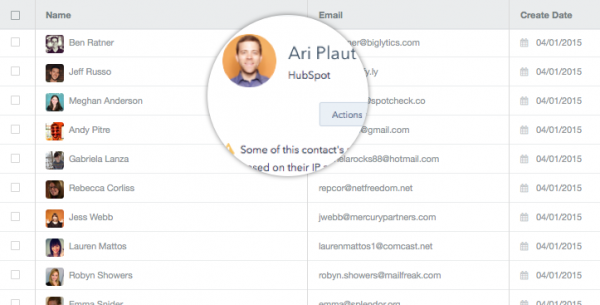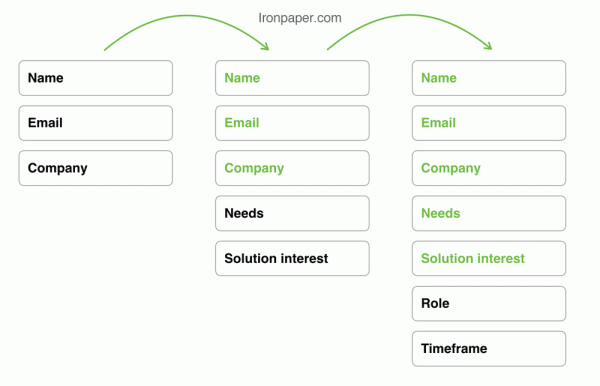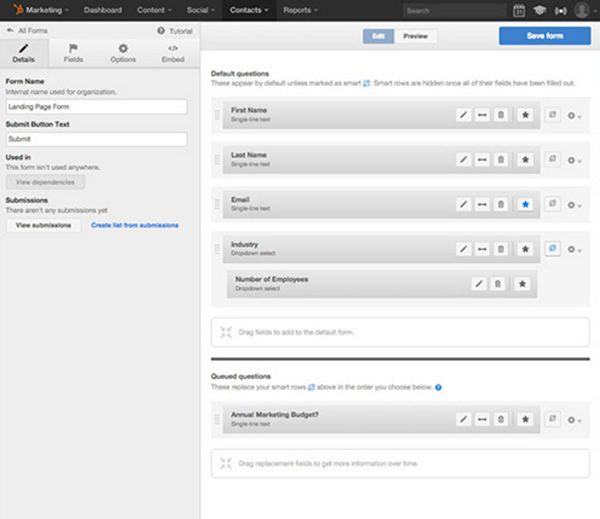
At some point in an advanced lead generation strategy, you will come across the question: What is a qualified lead?

A qualified lead is someone who could become a potential customer to you based on criteria and identifying information that they have freely provided.
It’s important to note two things: One, there is no standard criteria -- this is unique to your business. And two, only people who have “raised a hand” and willingly provided information can be considered a qualified lead. That means no purchased email lists or cold prospecting will count.
Generally, in the digital marketing funnel, there are two ways of thinking about qualified leads: marketing- and sales-qualified leads.
A marketing-qualified lead is often the first stage of qualification. A marketing qualified lead, or MQL, tends to be someone who has met the minimum criteria to continue marketing to them in the hopes of converting them down the funnel and passing them to sales for further evaluation.
Marketing-qualified lead definitions often have both opt-out and opt-in criteria. For example, you want to “opt out” any spam, people who are not business buyers (such as students), your company’s competitors, and anyone internal who happens to come in through your lead channels.
Tip: Using a CRM such as HubSpot, you can automate these disqualifying factors to save time.

You also want to gather some early insights in order to qualify someone as an MQL, such as:
Standardization in your form fields is key. That means selectable dropdown menus and very few if any, “free fill” text boxes. This is critical, especially as you scale up lead generation and have too many leads to hand sort and assign follow-up actions.

See also: How to Bring Better Qualified Marketing Leads Into Your Funnel
Simply put, once you’ve gathered enough information to qualify a lead for a sales outreach, they are considered sales-qualified leads or SQLs. These sales-qualified leads generally receive a personalized (one-to-one) sales follow-up because they are deemed valuable. There is no hard-and-fast, universal definition of what constitutes an SQL. Each organization will need to set its own definitions and test these definitions. Naturally and over time, MQL and SQL definitions may need to be adjusted to fit differences in volume, market changes, and buying patterns.
SQLs may have indicated budget information, a heightened level of interest, or another concrete condition, such as company size, their right role/company, the number of employees, or something else specific to your industry. You may also choose to “fast-track” a new lead as an SQL because they are on a list of target leads, such as after you run an account-based marketing campaign.
An intention question is helpful, too, such as “What is your purpose?” Example responses include:

See also: 5 Simple Ways to Increase Sales Leads
Qualified leads are important for your sales funnel, and they are an important metric when running any campaign: How many qualified leads did we generate from this effort?
It’s important to set definitions for marketing and sales-qualified leads that are unique to your business, and don’t forget to refine your criteria if it doesn’t work for you over time.
by Jonathan Franchell, CEO of Ironpaper - For more tips and hacks: Need to remove a new line after h1 tags? Both web designers and SEO practitioners need to employ headline tags: H1, H2, H3 in several ways to improve web page structure and tag...

The marketing industry is transforming significantly due to generative AI and increasing market complexity. Gartner's prediction of a 25% decline in traditional search traffic suggests that the era of search engines is dying. AI tools, particularly...

The Crowded Arena of the IT Marketplace Updated December 2024 The Information Technology (IT) landscape is experiencing rapid growth and intensifying competition. IT spending is projected to reach nearly 5.1 trillion U.S. dollars in 2024, a...

Marketing healthcare technology presents unique challenges that differ significantly from other industries. The complexity of medical products, the stringent regulatory environment, and the diverse needs of healthcare providers create barriers that...
